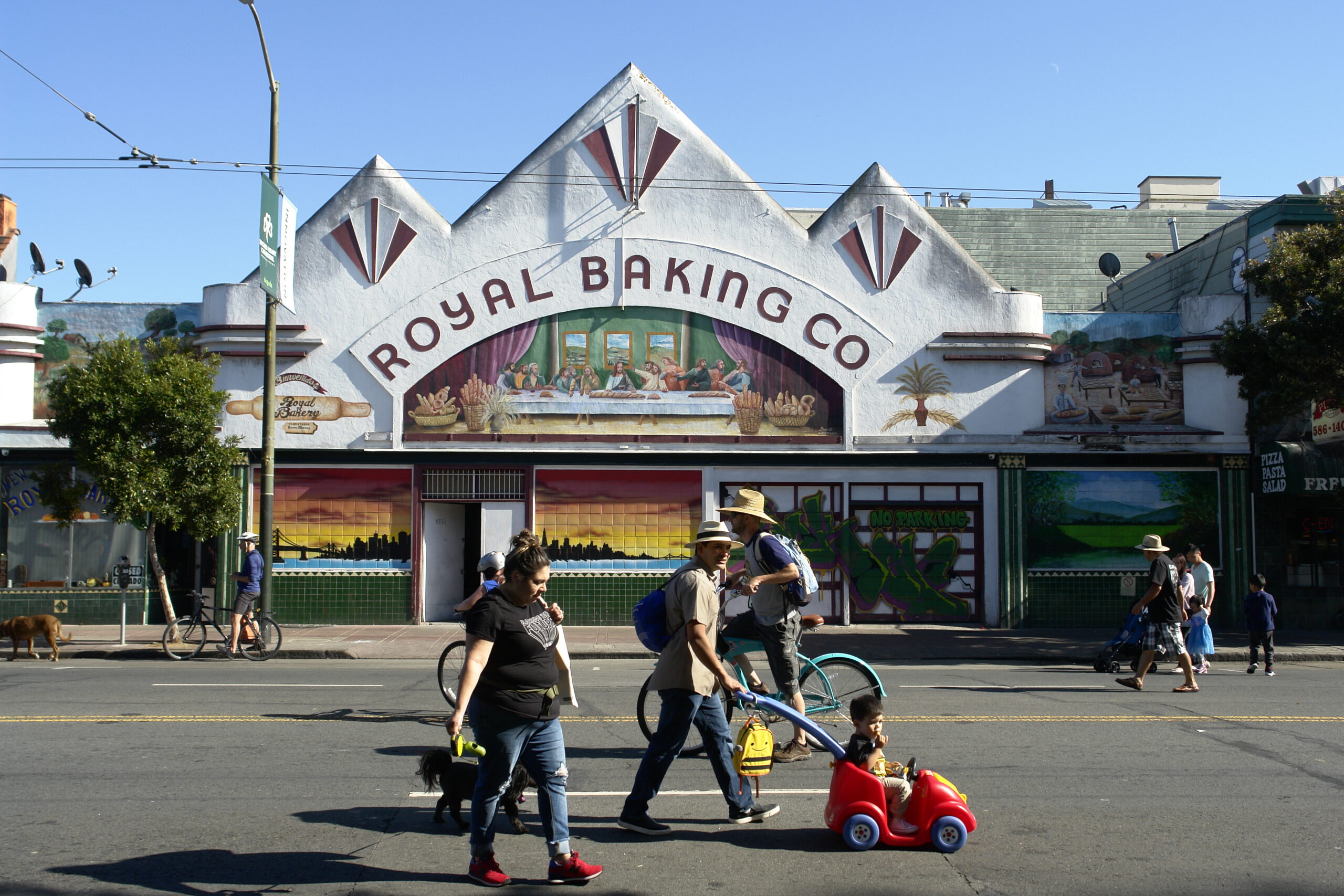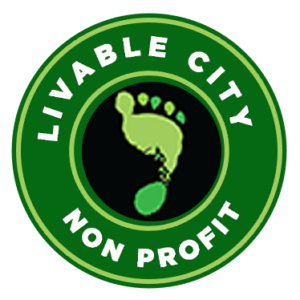
By Marynoel Strope
With cars so deeply ingrained in both people’s everyday lives and the city’s infrastructure, it can be difficult to imagine a future without the automobile. Roads are built for them, giant parking structures exist countrywide to store them, and even sidewalks regularly give way to driveways.
But with every new climate change report, it’s clear – cars are not part of a sustainable future. In California, the largest source of carbon emissions comes from driving. And despite the state’s efforts to lead in environmental policy, emissions from greenhouse gases have been on the rise for the past few years.
As we saw with the story of Ciclovía – Bogotá, Colombia’s open street program and the largest and oldest one worldwide – open streets cannot just stand on their own to create change. Even one day a week where almost an entire city of 8 million people gain access to car-free streets has not solved the pollution and traffic problems caused by cars in Bogotá.
But open streets programs remain a powerful way of modeling a car-free future – exposing people not just to what human-scale public space looks like, but what sustainable transportation feels like. Beyond a fun way to exercise and socialize, they provide a model for what could be.
Since fewer people are driving, open street programs help clear the air – LA’s CicLAvia improves air quality by reducing ultrafine particles in the air by over 20 percent, while a “study conducted in Bogotá reveals that particulate matter along the city’s Ciclovía route was 13 times higher on a regular weekday than on a Sunday.”
If a single day of less driving can significantly improve the air quality (albeit temporarily), then permanently establishing car-free streets could provide ongoing positive effects on air quality.
Beyond air quality, open streets programs re-introduce neighborhoods to residents as places to travel sustainably – either on foot, bike or scooter. Studies have shown that open streets don’t just provide needed exercise, they encourage exercise outside of the events. At open street events like Sunday Streets, that exercise largely coincides with sustainable transportation. When there is no option to take a gas-guzzling vehicle, attendees can see how walkable, bikeable and rollable their streets really are.



